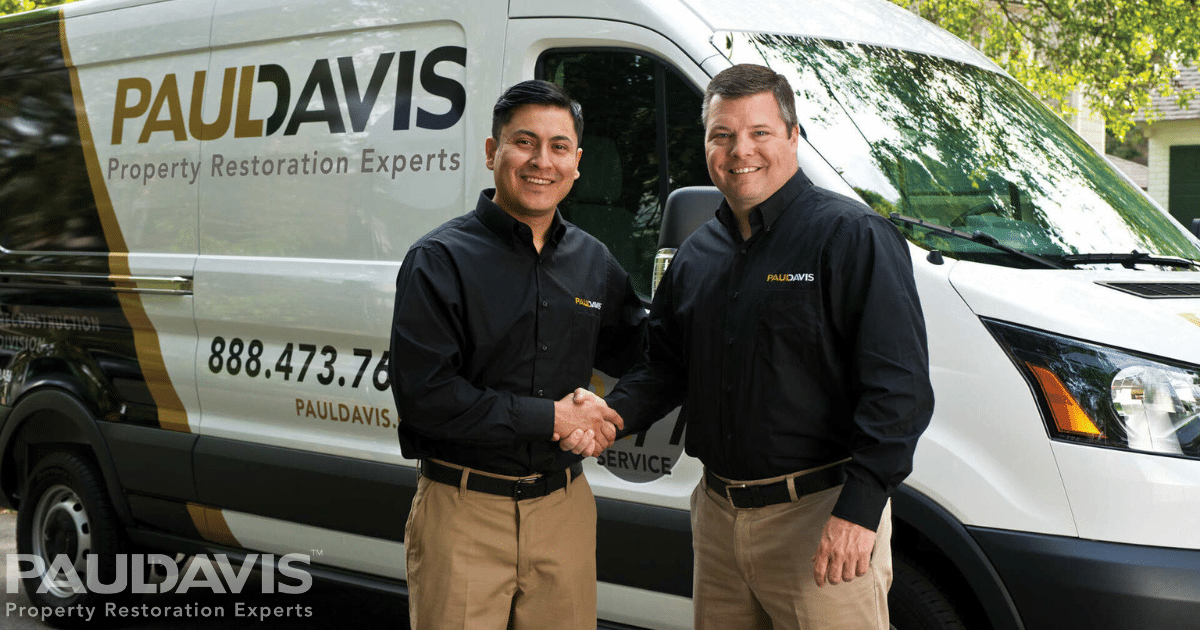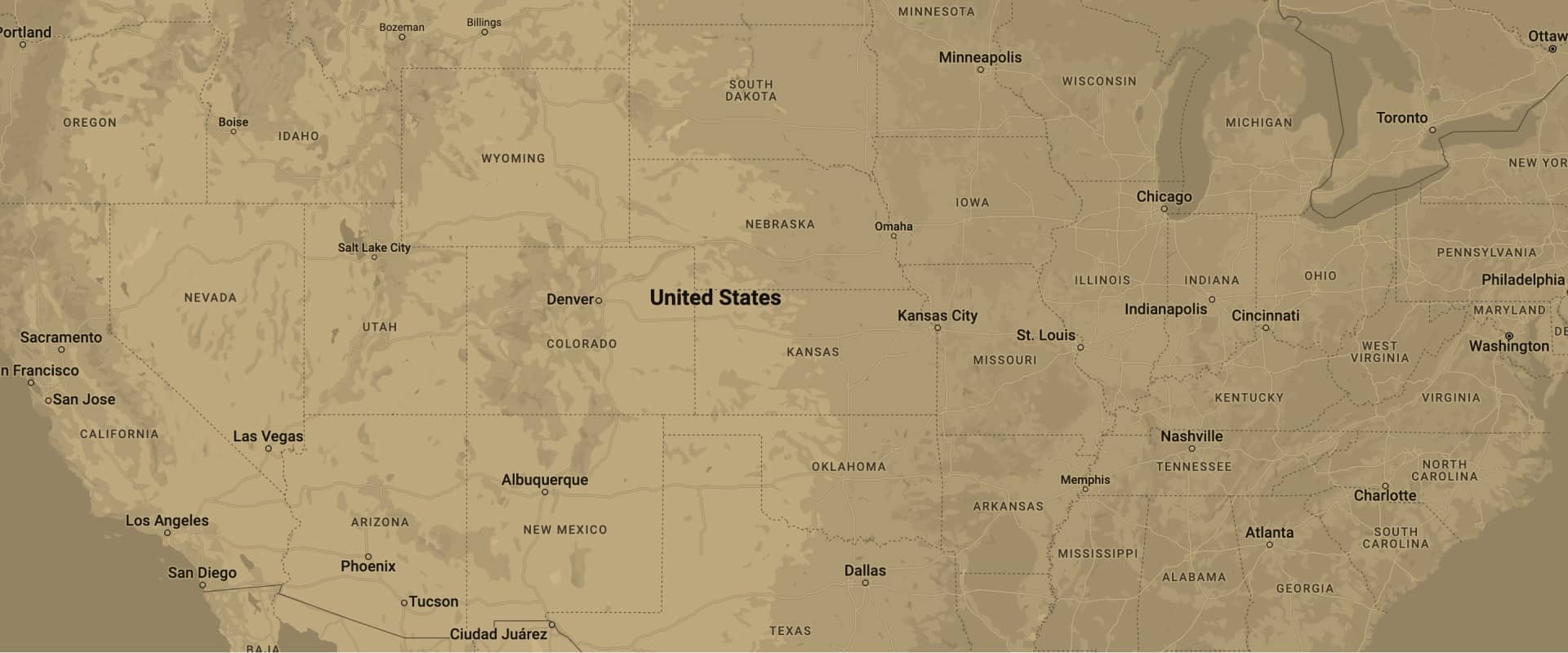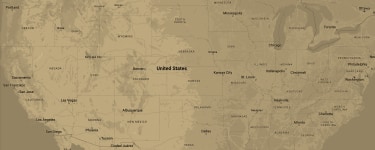Most people think of extension cords as basic workplace equipment that is not too complicated. Need to place a lamp or recharge your phone in a location that isn’t served by a nearby wall outlet? Grab any extension cord, plug it into the nearest wall socket and presto: you now have electricity exactly where you need it.
Not so fast. Improperly used extension cords spark thousands of fires yearly, bursting into flames with disturbing regularity. Cords easily become overloaded in two ways: they aren’t rated to handle the high-wattage devices plugged into them, or too many devices are plugged into them at one time.
The first type of overload occurs when, for example, a space heater is plugged into a cord that is rated to handle low-wattage devices such as single-bulb lamps. In these cases, cords can become warm or even hot to the touch, a stark warning that the cord is overtaxed. This heat can also degrade the cord itself, making it unsafe for future use.
The second overload occurs when people use multi-plugs to add extra outlets to extension cords. We’ve all seen, and perhaps even perpetrated, these hazards in action: extremely dangerous “nests” of a dozen or more electrical cords all feeding into one beleaguered extension cord. Often these unsightly tangles are tucked out of sight under desks and cabinets because, let’s be honest, most of us know these snarls are very bad ideas.
Regard electrical cords as what they are: safety devices meant to protect workplaces and employees. Deploy them carefully using the following guidelines:
- Buy only extension cords that are certified by UL (Underwriters Laboratory), an organization that performs safety testing.
- Buy cords rated for the tasks you ask them to perform. Cords are specifically manufactured to carry differing amounts of current. Choose heavy-duty cords for high-wattage devices. Deploy outdoor-rated models for wet or outside locations.
- Don’t use extension cords for devices like coffee makers and toaster ovens that produce heat. It is far safer to always plug these devices, which draw significant amount of electricity, into wall outlets.
- Protect cords against harm. Never run cords under carpets or heavy objects, which can compress the wires and damage the cord. Never place them in traffic areas where they can become damaged (or trip pedestrians). Don’t tack or nail extension cords.
- Never alter the cord’s grounding pin — the wider prong that ensures electrical plugs can only be inserted into outlets in one direction. Filing down the wide prong to force it into older outlets creates a fire hazard.
- Discard damaged extension cords immediately and replace aging cords – they don’t last forever.
Finally, consider reallocating the extension cord budget and instead hiring a qualified electrician to install more outlets in areas that need more power. Extension cords are temporary and should never become permanent fixtures.











